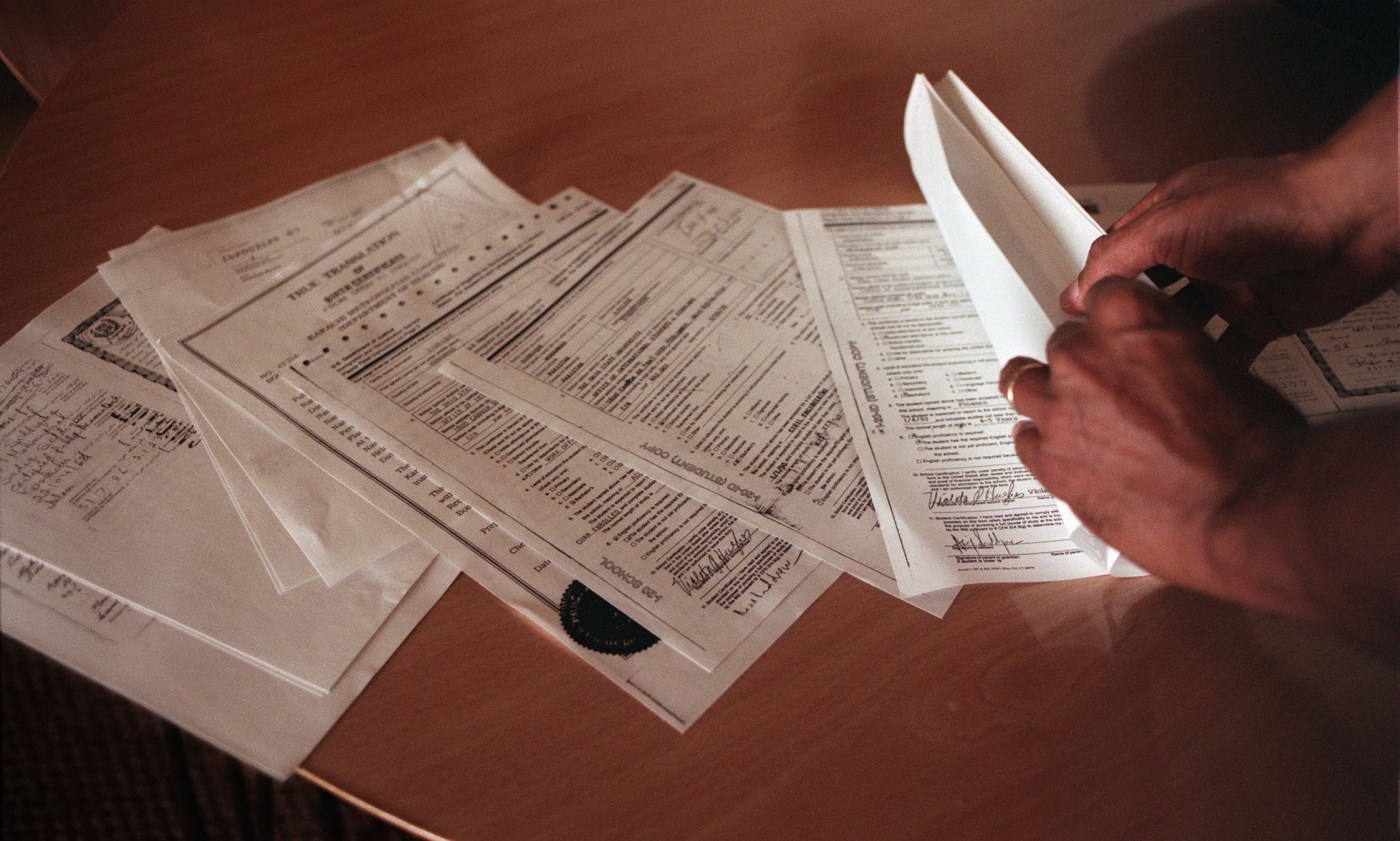
Foreign citizens already in the U.S., including students, will be exempted from the Trump administration’s controversial new $100,000 fee for the H-1B visa, federal authorities said this week.
The fee was imposed via a proclamation from President Donald Trump and took effect Sept. 21, with certain details initially unclear.
This week, U.S. Citizenship and Immigration Services issued an advisory saying the fee — paid by employers — would apply only to new H-1B visas issued to workers who are outside the country. The levy will not be imposed for workers switching to an H-1B visa from other visas, including the F-1 student visa, the agency said.
Imposition of the hefty new fee for the visa — intended for workers with specialized skills — has generated criticism and lawsuits. Last week, the U.S. Chamber of Commerce sued the federal government, claiming the added cost would lead to “fewer employers being able to access the highly skilled workers they need to continue to innovate and create American jobs.” Citizenship and Immigration Services declined to comment on the lawsuit. Trump’s proclamation said “systematic abuse” of the H-1B program had led to “large-scale replacement of American workers.”
South Bay Democratic Rep. Sam Liccardo, former mayor of San Jose, said in a post on X Wednesday that major tech companies, recently subjected to bipartisan attacks for hiring H-1B workers while conducting layoffs, could afford the $100,000 fee. But, Liccardo said, the $100,000 cost would “stymie immigrant-founded start-ups and early-stage companies, the lifeblood of our innovation economy.”
Howard University professor Ron Hira, who researches the H-1B, said Wednesday he expected the fee would have limited effect. Last year, fewer than half of new H-1B visas went to people not already in the U.S., and tens of thousands of students switched to the H-1B from their F-1 visas, Hira said. Employers can also avoid the fee by obtaining H-1Bs for workers who hold temporary business visas including the L-1 and B-1, Hira said.
“There are so many workarounds,” Hira said. “The number who actually end up paying (the fee) is going to be very small.”
Some companies would likely hire American workers instead of paying the fee, Hira said.
“Most H-1B workers have ordinary skills, skills that are abundantly available from the U.S. domestic labor supply,” Hira said.
However, under Trump’s proclamation, the fee is only in place for a year, Hira noted.
Related Articles
U.S. Chamber of Commerce sues Trump administration over $100,000 H-1B visa fee
San Jose group’s clients sue Trump administration over $100,000 H-1B visa fee described as ‘extortion’
H-1B visa fees, tariffs, a stake in Intel? How Silicon Valley has fared under Trump
California leads coalition opposing Trump’s planned restrictions on student visas
H-1B visa: Trump’s changes spark bipartisan attack on Silicon Valley tech giants
Other changes to the H-1B program that are in the works will likely prove more consequential, Hira said, including a plan to change the lottery-based allocation system for the visa to give applications for jobs at higher wage levels a better chance to succeed.
Long a flashpoint in America’s immigration debate, the H-1B pits Big Tech companies and investors, along with staffing firms supplying foreign workers, against critics who point to the alleged replacement of U.S. workers and undercutting of wages.
Some 600,000 foreign workers in the U.S. hold the visa, including large numbers in the Bay Area. Each year, 85,000 new H-1B visas are issued by lottery, and thousands more are issued outside the 85,000 cap, to non-profits, universities and research organizations. Federal data show about 141,000 new H-1Bs were issued last year, and about 52,000 visas went to students already in the country.